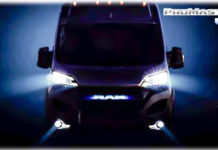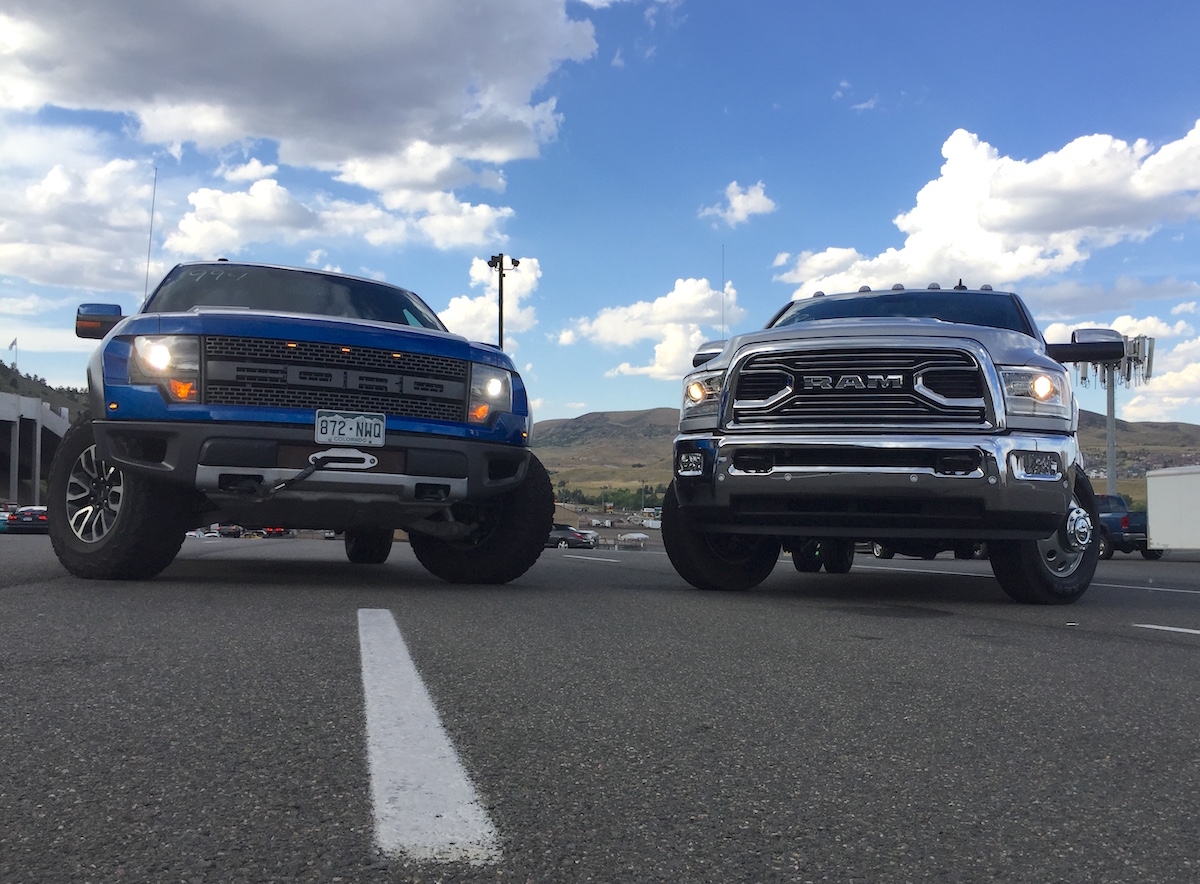- Mercedes-Benz offered up new details on its forthcoming “Van.EA” platform Tuesday, including what sort of vehicles we’ll see starting in 2026.
- Alongside a “luxury private van”, the modular Van.EA architecture will also underpin commercial vans and turn-key camper vans in collaboration with camper industry partners.
- Mercedes-Benz will gradually phase out its internal combustion vans and the current eSprinter, though that process won’t start until Van.EA models roll out in 2026.
- The automaker expects half its van customers to buy electric by 2030.
Mercedes-Benz is hammering out a two-pronged plan for its future electric vans.
With so much “SUV” this and “truck” that from other automakers, there’s not a whole lot of talk about the van space in the framework of this great electrification push. Mercedes-Benz is bringing their vans to the forefront with its latest announcement Tuesday, however, detailing the eventual rollout of its Van.EA architecture to the masses. We’ve heard some details about it in past statements, including this platform’s aim to phase out the existing gas and electric Sprinter.


It’s not just larger vans, though, as Mercedes aims to bring a midsize variant to both the commercial and passenger van segments. There’s no official name for it (“Van.EA-P” is all we’re getting for now), but the automaker plans to take on both growing last-mile delivery demand and the lifestyle customers or those seeking a “VIP shuttle”. On that last part, the USA and China will see a bespoke van for the first time (rather than a Metris with some extra seats or a “MPV” like the R-Class).
On the commercial side, at least, the premium commercial vans will take the torch from the outgoing Sprinter and the Metris in 2026. Van.EA essentially breaks the van into three modules, with the front and rear modules able to accommodate an electric motor. The center module scales with the vehicle length: Longer van, bigger battery. Mercedes-Benz says the platform is “tailored for different configurations and upfitter solutions” from industrial applications to recreational vehicles.
Tuesday’s statement did not include potential range figures for the commercial vans. However, the automaker did promise a targeted range of “well over” 310 miles. SAE Level 2 semi-autonomous driving capability will be part of the launch, while later updates to Level 3 (for passenger vans) or Level 4 (nearly autonomous, for driverless transportation) is on the roadmap for 2030.
A new generation of fully electric camper vans
Part of the Van.EA roadmap, too, is the goal to conquest the midsize and full-size camper van market. There are electric solutions available for #vanlife folks right now, but they aren’t exactly brilliant in terms of range. Mercedes-Benz didn’t offer too much detail, though it did say it will expand into “built from factory” RV vans. By working with its camper industry partners, customers should be able to snag a turn-key lifestyle van solution, rather than having to take a base commercial van to an aftermarket upfitter on their own.
If you aren’t keen on any of this new electric Van.EA stuff, there’s no cause to panic for a long time yet. Mercedes-Benz is taking a fairly cautious approach to this rollout, with the first Van.EA models not even hitting production for another three or so years. After all, we won’t even have the current-gen eSprinter until 2024.
While fleets and some retail customers want EVs right here, right now, others aren’t chomping at the bit to ditch internal combustion just yet. To that end, it will still offer gas-powered Sprinter vans as long as there’s market demand. In the U.S., at least, that should stretch through the rest of this decade, if not a bit longer. The company is targeting just 50% of its sales will be electric by 2030, rising from 20% by 2026.


















![Which is More Reliable: 3.5L EcoBoost or 5.0L V8? [Reader Question] Second-generation 3.5-liter EcoBoost engine](https://tfltruck.com/wp-content/uploads/2016/05/Second-generation-35-liter-EcoBoost-engine.jpg)
![Which Silverado Engine to Get: 5.3L or 6.2L V8? [Ask TFLTruck] 2016 chevy silverado](https://tfltruck.com/wp-content/uploads/2015/10/2016-chevy-silverado-grille.jpg)
